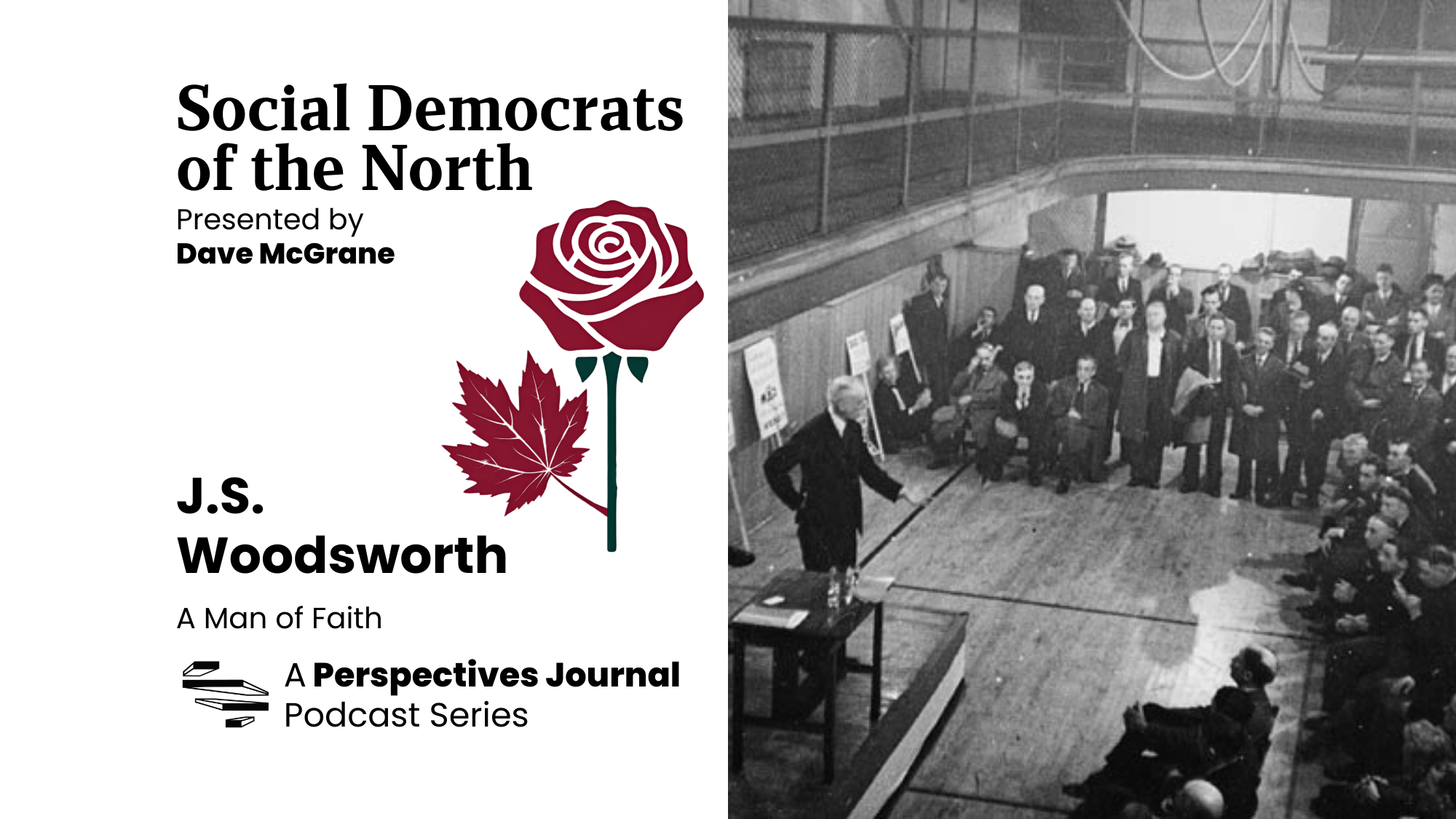Christian Nationalism and the Remaking of Canada’s Political Right
Faith and progressive politics are not inherently incompatible. But the rise of Christian nationalism is putting public policy at odds with religion.
Faith and progressive politics are not inherently incompatible. But the rise of Christian nationalism is putting public policy at odds with religion.

There are many lessons for today’s labour organizers and social democrats to learn from the FPU as a mass party, such as its deep entrenchment within struggling working-class communities, and the alternative economic and financial institutions it built.

Sous sa nouvelle direction politique, Québec solidaire pourrait réussir à rallier l’imaginaire et à susciter l’enthousiasme des Québécois·e·s progressistes en vue des élections générales de 2026.

Ontario’s Building and Construction Trades Council keeps workers protected and empowered from apprenticeship to retirement.

From the Winnipeg General Strike to the birth of the CCF, J.S. Woodsworth became a pioneer of Canadian social democracy.

The “embers of the mass party” may still smolder, and this policy debate shows that there is a desire to reignite those flames.

Under its new leadership, Québec solidaire may be able to capture the imaginations of progressive Quebecers ahead of the 2026 general election.

The new book by Peggy Nash & Julie White tells the untold stories of dozens of women leaders in the Canadian Auto Workers (CAW) Union.

CUPE’s Senior Economist explains how public ownership and public investment are necessary for a productive economy.


